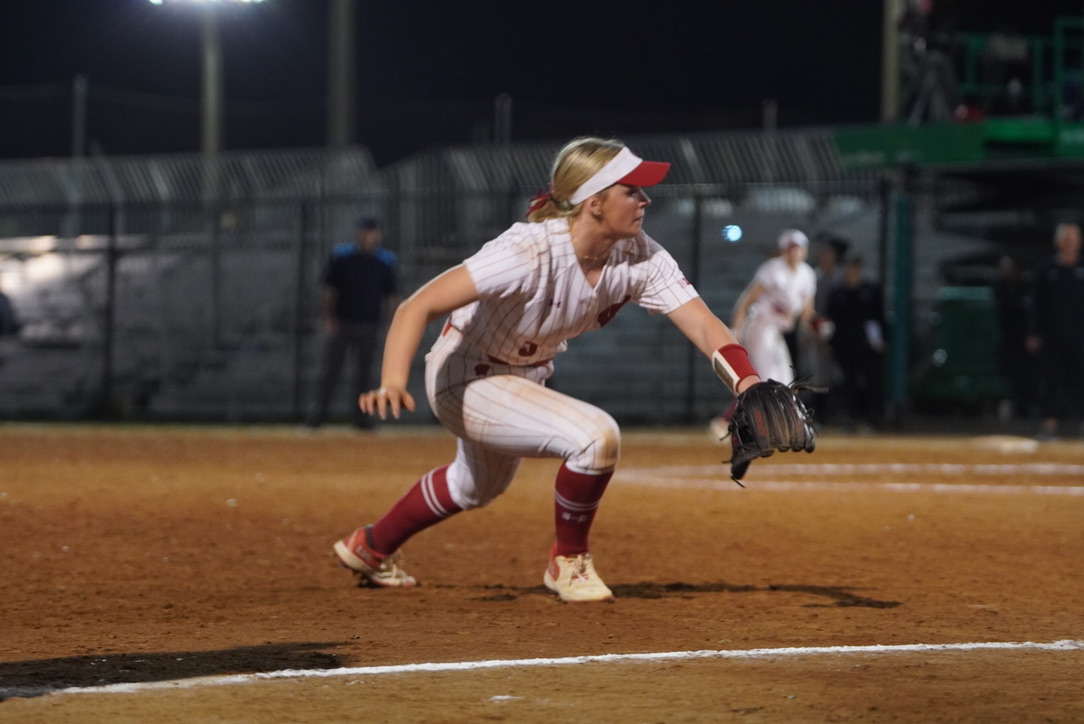The University of Wisconsin reached and surpassed $1 billion in research expenditures in a fiscal year, according to a study from the National Science Foundation.
Total research expenditures for the 2010 fiscal year reached about $1.3 billion, an increase of about $15 million from the 2009 fiscal year, according to UW spokesperson Terry Devitt.
Research expenditures are the amount of money spent in a particular year from the grants that the university received, Devitt said.
“Part of our mission is to engage in research with a wide spectrum of fields,” Vice Chancellor Darrell Bazzell said. “The money and entities UW receives for research enables us to maintain our research enterprise.”
Researchers, the academic staff and professors help bring in grants, Devitt said. UW receives the majority of research funding from the federal government and other sources such as private sectors and nonprofit organizations.
He added some examples of donors include the National Institutes of Health, National Aeronautics and Space Administration, the Department of Energy and the Department of Agriculture.
UW has been one of the top five research institutions nationally for the past 20 years, Bazzell said.
The key is to make sure the UW continues to attract high quality faculty and top-notch grad students to keep the drive of the research enterprise, Bazzell said.
“There is a limited pool of money nationally,” Devitt said. “The fact that we are one of the top is a reflection of the creativity and hard work of the faculty, staff and students.”
The primary benefit of the funding is that it allows basic research that creates fundamental new knowledge, according to Devitt. He also said the results underpin all types of new technology that we enjoy.
Possibilities that could occur from research results that Devitt discussed are discoveries of new compounds that are helpful in drugs, new energy sources and new ways of creating physical and developmental areas of life.
It is increasingly competitive to get research funds due to other competing universities, according to Devitt.
“It’s frequently the case that researchers are writing multiple grants before they are awarded,” he said.
The grant request includes a budget plan telling what the money will be spent on up front. The dollars they receive support graduate students’ jobs on campus, and a significant part pays for staff salaries.
“Our challenge is to make sure to spend it consistently and provide for proper administration of grant,” Bazzell said.
The majority of the faculty and staff are engaged in research in every academic unit, according to Bazzell.
Bazzell and Devitt agreed that there are a large number of students who participate in research, particularly in the graduate level, but there are also a growing number of undergraduates as well.
Bazzell said UW essentially wants to make great contributions to the world in a wide range of disciplines, and in order to do so, UW needs more grants to keep the research.
“Undergrads and primarily students benefit, but the funds enable faculty to essentially be the best in their fields and provide the newest knowledge in classes,” Devitt said.















